Proposal preparation often feels like a race against the clock, made harder by the usual suspects: late contributors, disorganized planning sessions, missed details, and chaotic final edits. This article outlines the most common delays in technical proposal preparation and connects each one to relevant Twennie learning tools. If you're new to Twennie, this article points you in the direction of some excellent resources on this topic. This article helps you identify the bottlenecks and the Twennie units to fix them.
As technical professionals who have survived your share of chaotic proposal efforts, you likely recognize the many time wasters that plague the process. Twennie has compiled a list of the most troublesome delays in proposal preparation — and the Twennie library offers units, exercises, and templates to help address them.
Waiting on Contributors
If time was sawdust, waiting on contributors would suck it up like an industrial shop vac. Writers delay for many reasons:
- False sense of time: Contributors assume they have until the final hour before the deadline.
- Low perceived value: If they aren't personally invested in the opportunity, urgency drops.
- No accountability: Without reasonable internal deadlines, work simply slips.
You can't hide the real proposal deadline, but you can control internal deadlines, expectations, and accountability. Other units in the topic of Proposal Management provide many helpful tools and tips in the work of managing proposal contributors, including negotiating internal deadlines, encouraging accountability, and avoiding the “enemies of done.” Look for the key terms, “Negotiating Internal Deadlines” or “Managing Proposal Teams.”
Chasing Project Details
Even the best project profiles inevitably miss the exact details a client demands. Project managers are often hard to track down — and even when you find them, they must dig through old files, pulling them away from productive work.
Two common scenarios:
- Obscure project details: Some RFPs deliberately request tricky specifics to make compliance harder and evaluation scoring easier. These details aren't optional; you must eventually produce them.
- Reference checks: Some RFPs demand client references, which require separate, polite outreach — and patience for slow replies. This one can only be helped by getting a jump on the task early in the game.
Decision Gates and Reviews
Decision-makers are busy. Whether it's a Go/No-Go call or a proposal review, you'll wait for a calendar slot. Urgency usually helps, but bottlenecks happen — and every hour lost matters.
Decision gates and reviews are all covered in detail in other Twennie learning units. Review the Proposal Strategy and Proposal Management topics.
Unstructured Planning Sessions
Unless someone actively leads, experienced professionals often wing proposal strategy sessions. Important decisions get discussed but not captured. Memory replaces documentation. It’s an ineffective but common practice — and it almost always reduces the quality of the final product.
10 Steps to a Win Theme and Rapid Fire Methodology are two exercises in the Twennie library that slash time required to produce a winning proposal.
Writing in Isolation
Contributors typically write sections independently, with no broader context. Someone must later stitch the disconnected parts into a flowing, consistent document — adding unnecessary lag and rework.
The Rapid Fire Methodology exercise under the topic of Proposal Management cuts down on time required to produce a strong work plan. It also brings people together for an essential exchange of ideas before any writing gets done at their respective work stations.
Lack of Process
A true proposal process makes deadlines, steps, and responsibilities clear. Without it:
- Teams reinvent workflows every time.
- Proposal managers can't give meaningful progress updates.
- Final production becomes frantic — printing, collating, fixing errors in a last-minute scramble.
Doing proposals without a process is like playing volleyball with the ball bouncing randomly off players' heads — sometimes getting over the net but rarely winning the game.
See the topic, Proposal Management, for some excellent tools on developing a custom proposal process uniquely suited to your operations. The Proposal Process Matrix exercise is an excellent way to choose steps and place them onto a timeline in a way that makes sense for your team.
Poor Communication
Even a great process needs strong communication. Without one, communication becomes the only survival mechanism — and it's always reactive, inefficient, and prone to failure. Bad communication can derail even the best-intentioned team.
The Language of Urgency is an excellent video – find it under Proposal Management or Project Management.
No Central Repository
Every minute spent searching for documents is wasted. Even small teams without sophisticated systems can organize shared folders for proposals. No repository = no control over resources = enormous amounts of time lost to oblivion.
No Dedicated Proposal Manager
Without a designated proposal manager:
- Proposal work becomes someone's side job.
- Responsibilities blur.
- Deadlines slip because no one owns the final product.
Proposal management requires real focus — winging it costs time you don't have.
Poor Refinement Process
Editing and proofreading aren't luxuries — they are essential steps.
When left ad hoc, they often fall unfairly on administrative staff, leading to:
- Missed errors
- Last-minute chaos
- Senior leaders making major edits hours before submission
Refinement must be planned, scheduled, and managed — not left to chance or a few overworked soldiers with too much on their shoulders as it is.
